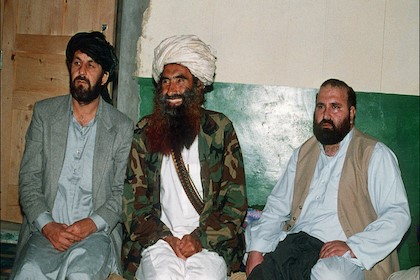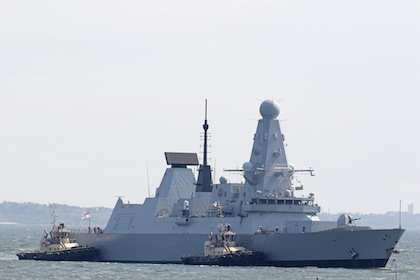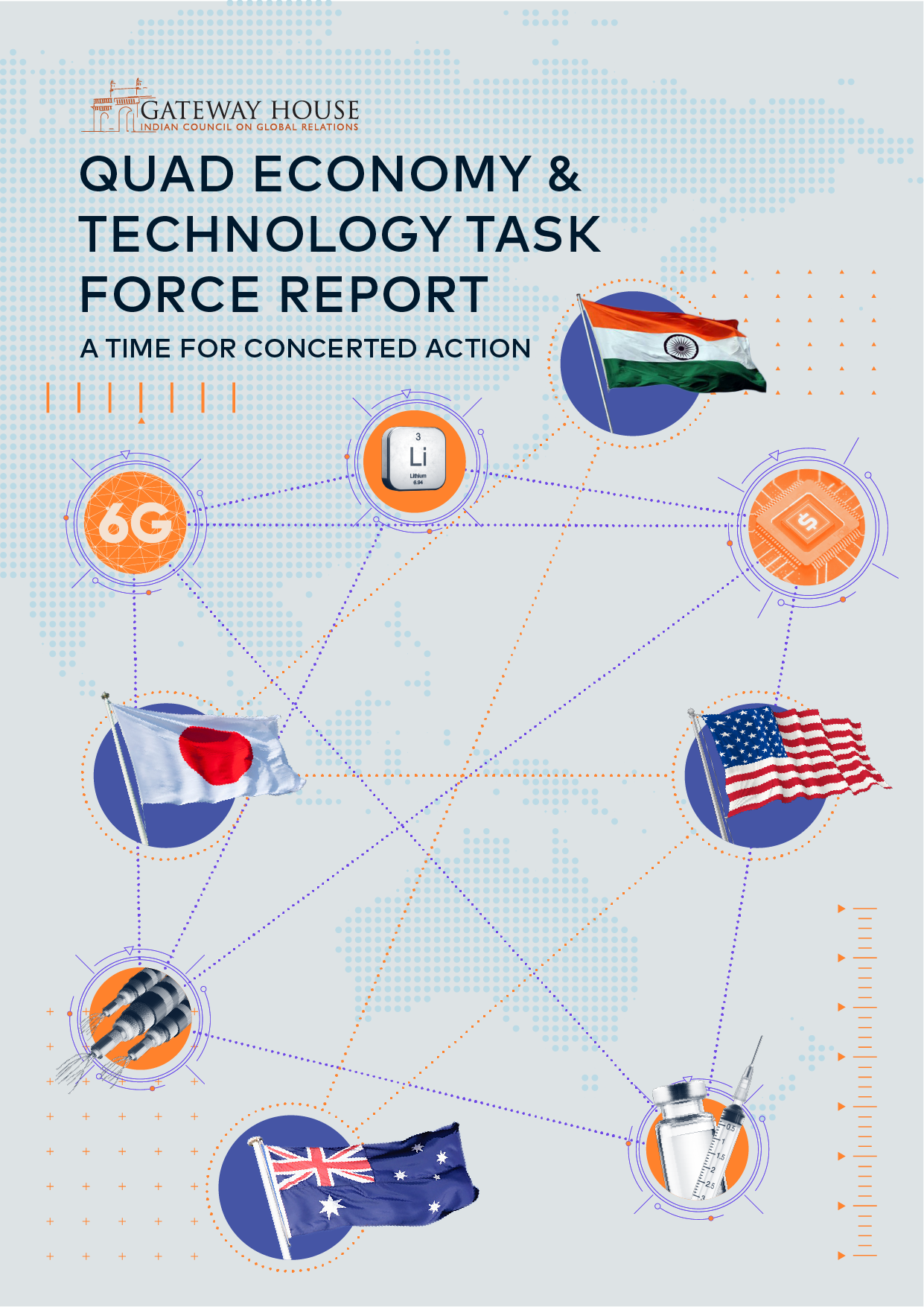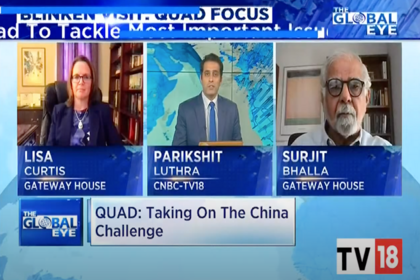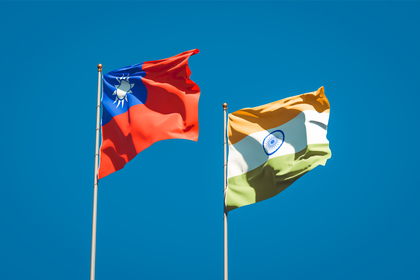Taliban’s terrorist connections to India
With the Taliban now ensconced in Kabul and being given legitimacy to represent Afghanistan, the worry for New Delhi is the Taliban-affiliated terrorist groups which are already looking eastward to India. This graphic shows the relationship between the terrorist groups in Afghanistan and their anti-India cousins.

